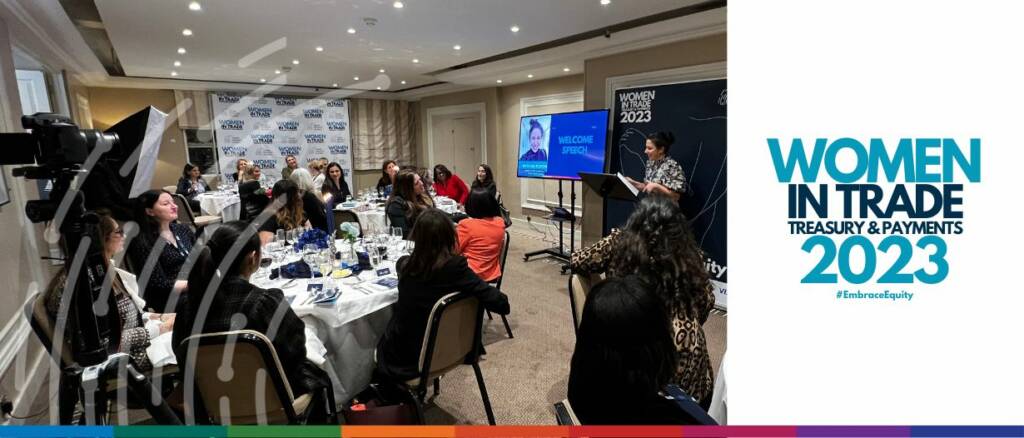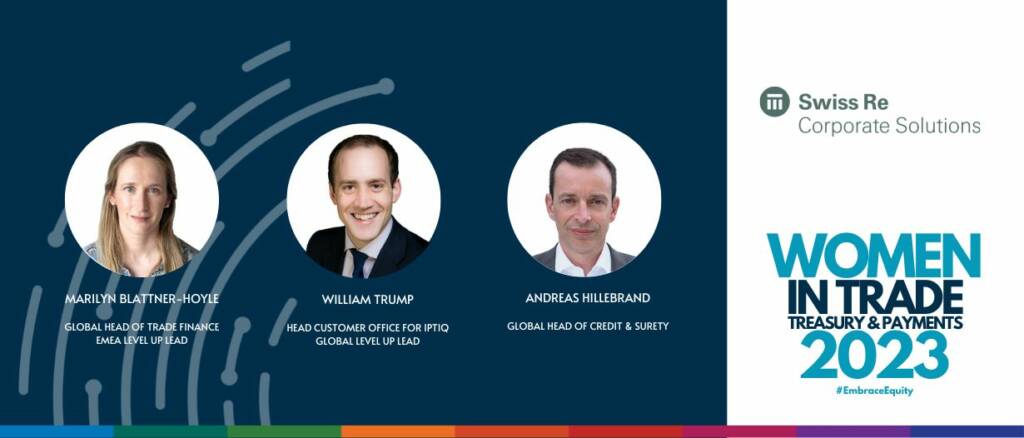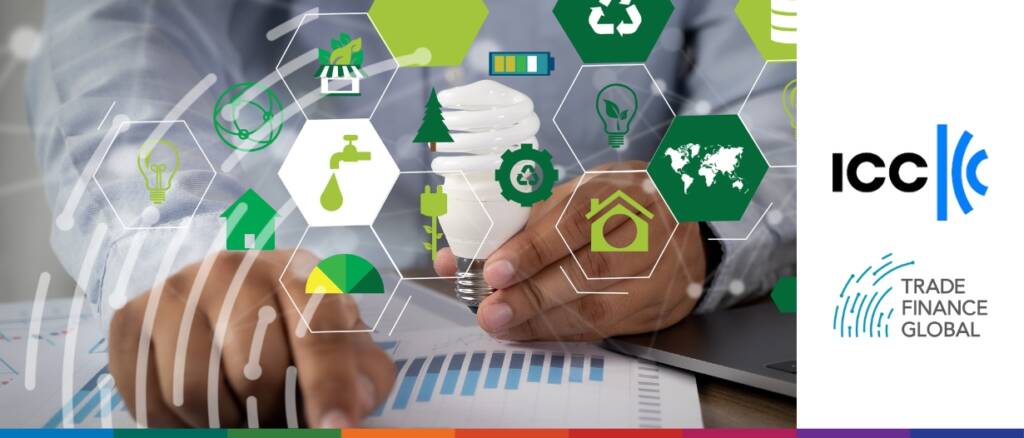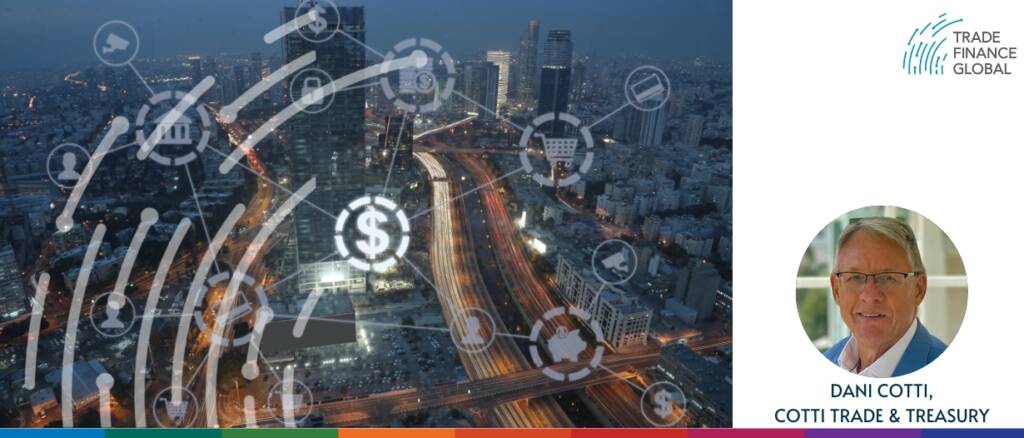Trade Finance Global (TFG) is happy to champion International Women’s Day 2023, highlighting the stories and success of women across the trade, treasury and payments (TTP) industry and beyond.
Marilyn Blattner-Hoyle interviews two Swiss Re leaders and gender-equity allies to get their perspectives on #EmbraceEquity and inclusion.
DLT offers the financial services industry a new piece of infrastructure to push the boundaries of Open Banking. But it doesn’t come without its challenges. TFG heard from tradetech expert André Casterman on future use cases for blockchain in assets, trade and transaction banking.
The International Chamber of Commerce (ICC), a global business organisation, has a central mission to promote international trade and investment as vehicles for inclusive growth and prosperity. ICC helps businesses adapt to the challenges of trading in today’s fast-paced global economy.
With an estimated 3.5 billion fans around the world, it’s no wonder the finance behind football piques interest, even in the world of trade and receivables finance.
TFG interviewed ITFA and ADB about the financing of dirty commodities and fossil fuels, and what a sustainable transition means for trade finance.
While consensus and recognised standards exist for carbon footprint measurement and reporting, carbon offsetting and the quality of underlying projects are still subject to debate.
2022 was a year of seismic and rapid changes for international trade and trade finance. War in Europe, COVID-19, and inflation created unimaginable disruptions in the industry. This dynamic phase is creating opportunities and gives way for new entrants in the ecosystem.
To learn more about sustainability approaches within the industry, Trade Finance Global spoke to Eva Rubio, head of global transaction banking at BBVA at BAFT’s Europe Bank to Bank forum held in London this January.
The digital economy has seen tremendous growth over the past decade for several reasons. This has given rise to a large number of digital assets that are commonly used as part of transactions in digital environments and beyond.
























